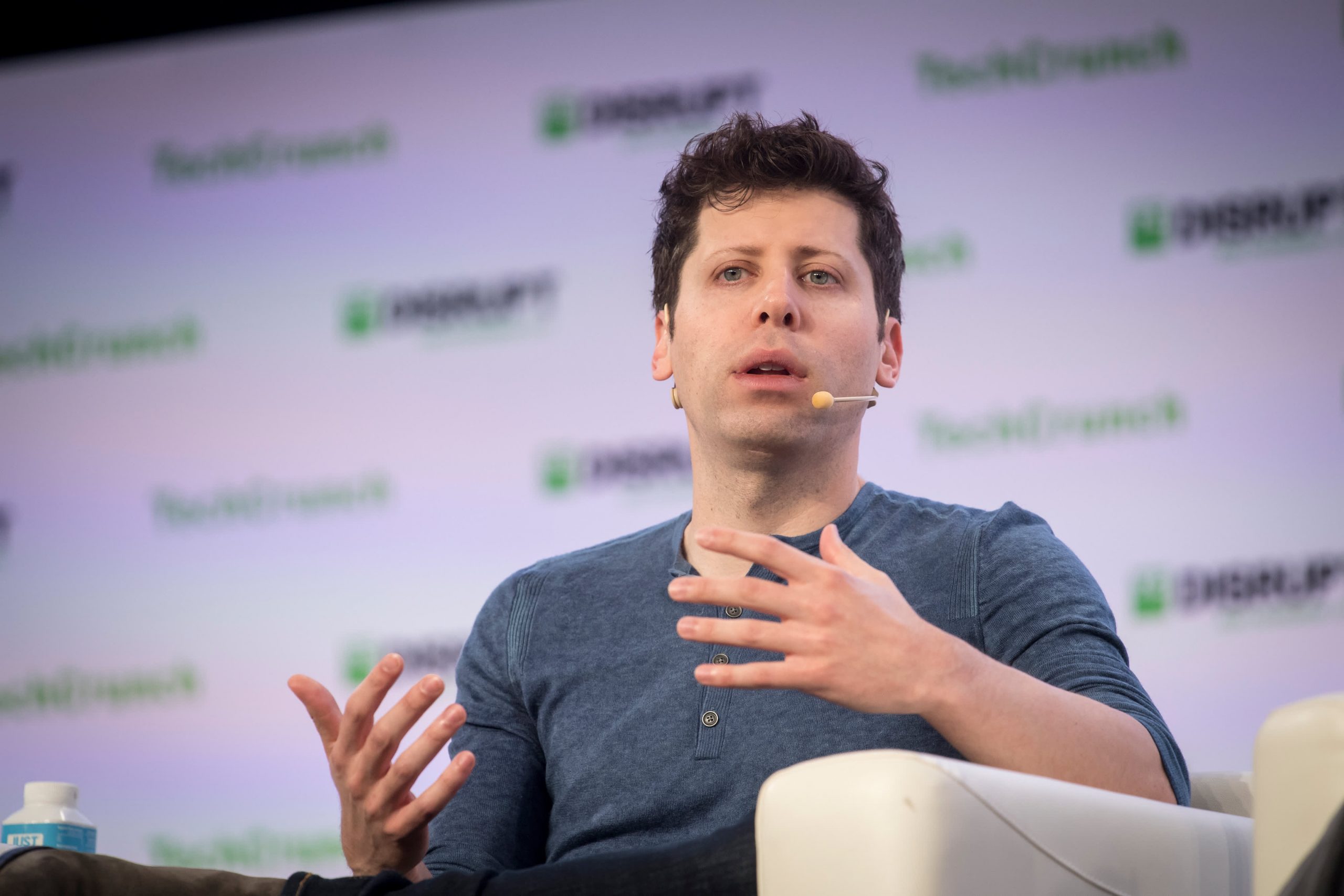There’s uncertainty among working professionals on how AI will impact their careers, but the uncertainty among those who’re still waiting to enter the workforce is even greater. But OpenAI CEO Sam Altman has some advice for students looking to navigate the choppy waters of an AI-first world.
In a recent interview, the CEO of the company behind game-changing tools like ChatGPT offered a perspective that cuts against the common narrative of fear and job obsolescence. Instead of viewing artificial intelligence as a threat to be survived, Altman frames it as the dawn of an unprecedented era of opportunity. His advice doesn’t point to a specific subject to master, but rather a mindset to cultivate.

A Golden Age of Possibility
Altman begins by reframing the entire conversation, shifting the focus from fear to optimism. For students concerned about their future, he suggests they are on the cusp of a remarkable period in human history.
“It’s not a question of survival,” Altman states. “You are about to enter, I think, the greatest golden age of human possibility, technological development, and economic growth. I think it’s going to be quite fantastic. The challenge is to thrive in that world.”
This optimistic outlook sets the stage for his core advice, which is less about specific knowledge and more about adaptable, evergreen skills that will allow individuals to flourish alongside powerful AI.
The Skills That Matter
So, how does one thrive? Altman outlines a trio of skills that he believes will be crucial for the next generation. It’s a blueprint focused on adaptability, intuition, and a proactive approach to learning.
He explains, “I think the skills that matter are a deep familiarity with the tools, staying abreast of changes, and working with them very closely to develop a great intuition for where things are going and how to make use of it.”
He continues by emphasizing personal character and mental flexibility. The key attributes, he says, are, “Resilience, an ability to learn new things fast and adapt to them, and to evolve yourself with the technology.”
The New Foundational Skills: Adaptability and Intuition
Altman’s advice signals a fundamental shift in what constitutes a valuable skill. He doesn’t mention a specific coding language, engineering discipline, or business framework. Instead, he points towards meta-skills—the ability to learn, unlearn, and relearn. The message is clear: in a world where AI can generate information, the premium is on human judgment, creativity, and the ability to effectively wield these new tools.
The call for “deep familiarity” and “intuition” is particularly telling. This suggests that passively using AI won’t be enough. The students and professionals who succeed will be those who treat AI not as a search engine, but as a collaborative partner. They will understand its strengths and weaknesses, learning to prompt it, guide it, and critically evaluate its output to achieve results that neither human nor machine could accomplish alone.
A Trend Towards Integration and Collaboration
This move towards human-AI collaboration is creating a new class of professional. The most effective architects are not being replaced by AI image generators but are using them to rapidly visualize concepts. The best marketers are using AI to draft copy and analyze data, freeing them up to focus on high-level strategy and creativity. This “human-in-the-loop” model, where technology augments rather than replaces, is becoming the new standard, underscoring Altman’s point about the need to “evolve yourself with the technology.”
Ultimately, the advice for students is to lean into the change. The future doesn’t belong to those who can recall the most facts, but to those who are the most curious, resilient, and quick to adapt. It’s a call to become a lifelong learner, not out of fear of being left behind, but out of the excitement of being part of what could be the “greatest golden age” of human ingenuity.
